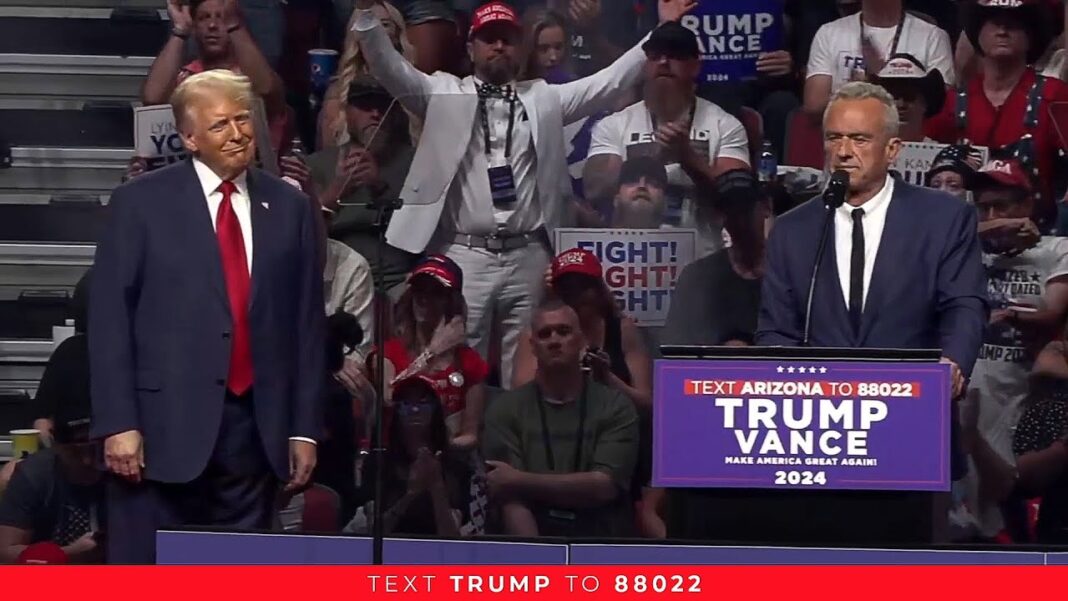Julian Assange
With the world on the edge of war in the Middle East (as well as the US-led proxy war with Russia over Ukraine) other important happenings go unnoticed. Given the serious issues just described, why should people turn their gaze, for instance, toward the quiet neighborhoods of Strasbourg, France?
Yet, on October 1, an historic moment occurred there – an appearance of Julian Assange, founder of WikiLeaks and a never to be forgotten investigative journalist. It was his first major public engagement following his release in June from some 14 years of what can only be described as American-British persecution and incarceration. And according to UN Special Rapporteur Nils Melzer and the prestigious medical journal The Lancet, some of it amounts to torture.
Although Julian Assange has regained his freedom of movement and choice of domicile other than the Ecuadorian Embassy and 5 years in Belmarsh prison – both in London, he has yet to receive justice and likely never will. A victim of extraordinary state power abuse, the abridgement of his human rights is not acknowledged by the nations responsible. Instead, to escape further persecution and incarceration, he was coerced through a plea arrangement with the US State Department and Department of Justice to plead guilty for “crimes” he did not commit. As he said in Strasbourg (with ironic reference to the title of the famous Soviet dissident’s memoir) – “I chose freedom over unrealizable justice.”
Justice for Julian is no longer a possibility. The plea deal with the US includes a clause which precludes him from filing a Freedom of Information Act request to gain access to government documents which might exonerate him of charges or prove personal abuse against him. Moreover, he cannot file a case with the European Court of Human Rights.
Apparently, the rule of law for Julian does not apply in the “rules-based-order” of the West.
In Assange’s own words, he is “not free today because the system [“rules-based-order”] worked” (for them – but not for him). He pleaded guilty this summer to, in effect, journalism, which, of course, is not a crime – unless your name is Julian Assange and you did your job – exceedingly well.
The occasion for Assange’s appearance in Strasbourg was a hearing at the Parliamentary Assembly of the Council of Europe (PACE, a 46-nation organization – and definitely – not to be confused with the EU). The assembly, founded in 1949, is dedicated to upholding human rights, democracy and the rule of law. It agreed to hear the case against Assange and render a non-binding opinion to be published to the world in the “court of public opinion.”
Organized by PACE’s Committee on Legal Affairs and Human Rights, the key result of the hearing and subsequent debate on Julian’s case was PACE’s official verdict – a resolution confirming that Assange was, in fact, a political prisoner. The European body expressed deep concern at the harsh treatment suffered by Assange, which has had a “chilling effect” on journalists and whistleblowers around the world.
In the resolution issued, PACE notes that many of the leaked files WikiLeaks published “provide credible evidence of war crimes, human rights abuses, and government misconduct.” The revelations also “confirmed the existence of secret prisons, kidnappings and illegal transfers of prisoners by the United States on European soil.”
Condemning “transnational repression,” PACE was “alarmed by reports that the CIA was discreetly monitoring Mr. Assange in the Ecuadorian embassy in London and that it was allegedly planning to poison or even assassinate him on British soil.” The CIA has raised the “state secrets” privilege in a civil lawsuit filed by two attorneys and two journalists over that illegal surveillance.
Moreover, the resolution expresses deep concern that, according to publicly available evidence, no one has been held to account for the war crimes and human rights violations committed by U.S. state agents and decries the “culture of impunity.”
The resolution says there is no evidence anyone has been harmed by WikiLeaks’ publications and “regrets that despite Mr. Assange’s disclosure of thousands of confirmed — previously unreported — deaths by U.S. and coalition forces in Iraq and Afghanistan, he has been the one accused of endangering lives.” Although Assange expected some sort of legal harassment as a result of WikiLeaks’ publications and was ready “to fight for that,” he said “my naivete was believing in the law.”
Describing the legal process in his case, Assange noted that “all judges, whether they were finding in my favor or not in the United Kingdom, showed extraordinary deference to the United States.”
Irrespective of the US’s over-reach by dusting off the 1917 US Espionage Act to first persecute and then make every effort to prosecute Assange, everyone not completely brainwashed by US, UK and Canadian propaganda has, of course, known this for some time. Ed Hermann and Noam Chomsky in their 1988 seminal work, Manufacturing Consent, explain how such ‘manufactured consent’ is produced by the government and disseminated by the media to an unsuspecting population.
The thing is, Julian Assange is not just any political prisoner. All political prisoners suffer unjustly and deserve support. But, due to the worldwide reverberations of his persecution by the US (with eager assistance from Britain and Canada), history will look back – without debate – on Julian Assange as the single most important political prisoner of the initial post-Cold War decades. The issues at stake in Julian’s case were and remain of global importance and will influence the future of human rights, for better or worse:
- freedom of expression
- the role of free, unimpeded media in holding the powerful to account
- states increasingly aggressive efforts to shut down such challenges, especially across borders
- the lack of protection for individuals targeted by powerful states that manipulate or disobey their own laws
- the enormous abuses suffered by ordinary people, especially in the Global South, at the hands of a sovereign power
It is without question that Assange was compelled to strike a plea deal that perverted any sense of justice under the ‘rule of law’ doctrine in a democracy. Unfortunately, as long as secrets are kept, those who expose them will be punished, and rule of law, equal protection under the law, justice and freedom will not prevail in society – only the secrets. The system always leaves itself a way out – Espionage Act of 1917.
The ongoing debate and discussions about the case of Julian Assange comprise features of a democratic society crucial to a well-functioning social order – rule of law, freedom, justice. Unfortunately, all of those principles enshrined in constitutions, bills of rights, declarations of independence and the rights of man were abrogated by leaders of three nation states. And this was done not for noble reasons but rather under the guise of “national security.” And this just to achieve partisan political agendas so as to protect the anonymity of the lies, deceit and embarrassing actions and comments about others (instigated by leaders of the three states involved). Someone gave the leaked data to Julian Assange who then merely did his job as a publisher – he made it public. As a result, he was forced to sacrifice 14 years of his life being the “example – carrying the message” the three nation-state leaders wanted to send to others like Julian:
If you do your job as a journalist or publisher and you do it well, we will come after you and we will persecute you unmercifully – for as long as it takes – just ask Julian.





